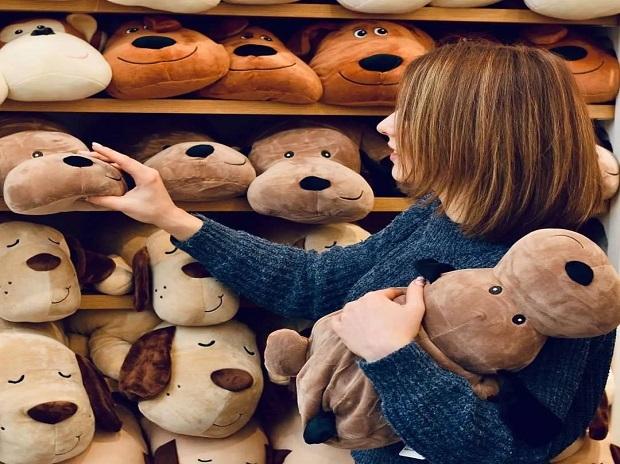[ad_1]
The industry department is in the advanced stage of inter-ministerial consultation for launching a production-linked incentive (PLI) scheme for both traditional and mechanical toys worth Rs 3,500 crore, which will be followed by PLI schemes for bicycles and footwear.
“Discussions for PLI for toys are at an advanced stage. PLIs for bicycles and footwear are also under formulation,” a government official said, requesting anonymity.
To encourage more micro, small, and medium enterprises (MSMEs) to take advantage of the scheme, the investment slab could be kept as low as Rs 5 crore. However, the incentives will be for toy making and not on toy components.
“The components of toys are not available locally. So initially you have to import those components. There is no choice. There are some electronics components which are not available in India at all. The material for the fabric of the soft toys is also not available here,” the official said.
The government has so far announced an outlay of Rs 1.97 trillion for the PLI schemes across 14 key sectors, to create national manufacturing champions and to create 6 million new jobs, during the next five years.
Asked whether the government is not thinly spreading the PLI schemes, the official said the idea was to support the industries that are small but have the potential to become big. “We never realised the toy industry is so important. We are focusing only on those sectors where there is not enough domestic manufacturing capacity, where there is a lot of imports and where there is potential for exports and there is scope for enhancing exports.
In those sectors, PLIs could be considered,” he said.
The official claimed the toy sector was a success story with toy cities coming up in Jewar and Greater Noida in Uttar Pradesh. “The sector has transformed because of specific measures taken by the government.”
In 2019, the industry department conducted a market surveillance through “mystery shopping” under which it took more than 150 samples and tested them across different laboratories. When it tested against the existing standards, only 33 per cent were found to be safe. Forty-five per cent of soft toys failed, 25 per cent electrical toys failed, 66 per cent toys failed on mechanical and chemical properties.
Subsequently, the government raised customs duty on toys from 20 per cent to 60 per cent in February 2020 and then implemented the quality control order which came into force from January 1, 2021.
Toy imports dropped 70 per cent in the past three years, from $371 million in FY19 to $110 million in FY22. During the same period, imports of toys from China dropped 80 per cent to $59 million. Meanwhile, toy exports increased 61.4 per cent in the past three years to $326 million by FY22.
“Today we have around 1000 licenses out of which 650-700 are with MSMEs. Around 15 large companies have taken around 35-40 licenses,” the official said.
The official said all big toy-making multinationals, such as Hasbro, Lego, Beetle, and even Ikea, are looking at expanding their local sourcing from India.
“American toy-making giant Hasbro has informed us that earlier their local sourcing from India was around 10 per cent and now they are sourcing up to 60 per cent domestically which they want to raise up to 90 per cent. Funskool India, which is a small company, is not only exporting to more than 33 countries, they are exporting the Funskool brand to other countries. Bangalore based toy manufacturers like Micro Plastics and Aequs are also doing well,” he said.
[ad_2]
Source link



